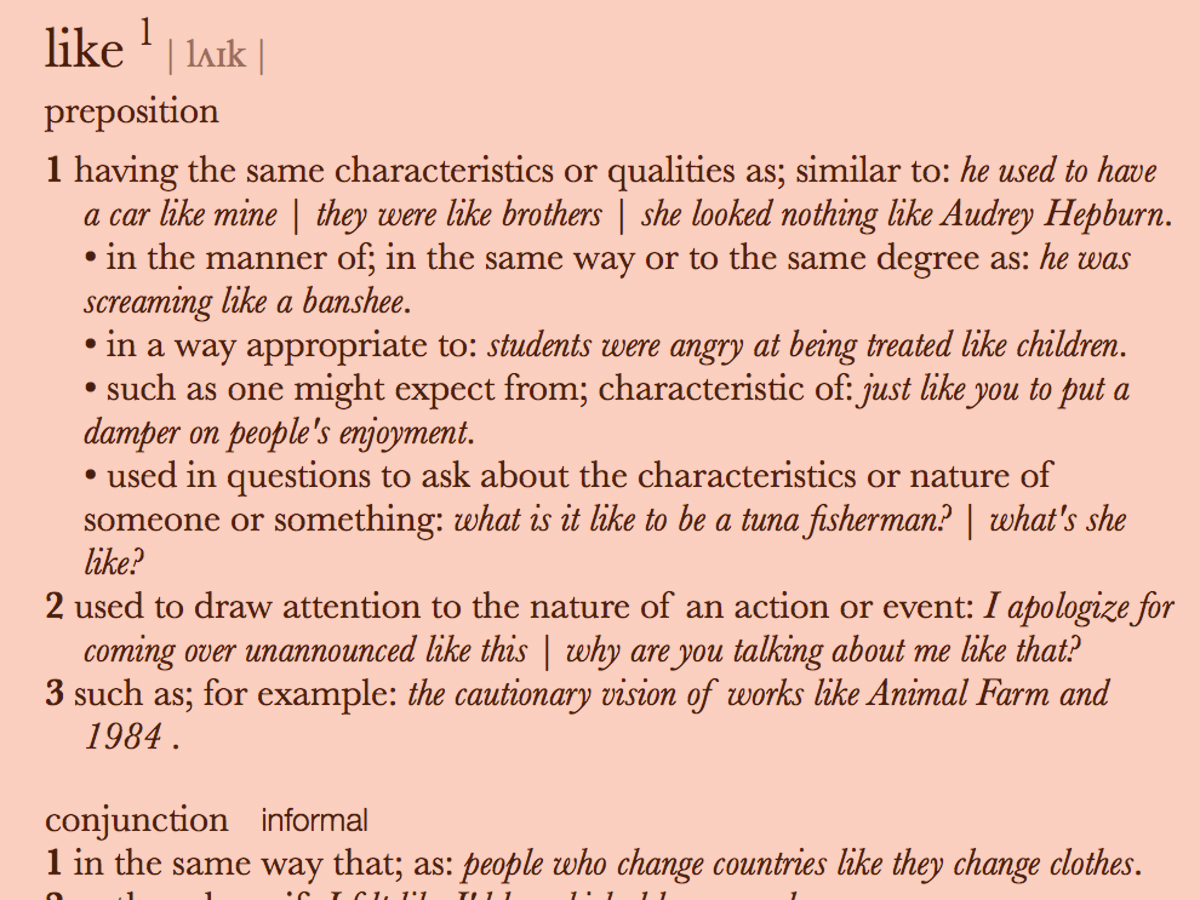Amen to that: what Facebook could learn from Brazil’s ‘sin-free’ social network
Kate Solomon thinks it’s high time Facebook's inadequate like button evolved into something a bit more nuanced

One of the most wonderful things about the human race is our constant strive to be better. Take the ineffable optimism of Facegloria, for instance: not only does it want to be ‘technically better’ than Facebook, this Brazillian social network is meant for good Christian folk who want to be so completely sin-free they don’t even encounter wickedness second-hand over the internet.
Over 600 Portuguese swear words are banned, and neither violent nor erotic “content” is allowed. Homosexuality is also outlawed – “videos of gay couples kissing” will be deleted while straight couples are apparently welcome to have at it. More than 100,000 people signed up to the considerably holier-than-thou social network in its first month (although it’s unclear how many of those are journalists seeing how hard it is to get banned).
Putting aside the biblical attitudes, it seems unlikely that, staffed by the four founders and 20 volunteer moderators, the Facegloria team can rival Facebook’s 10,000 strong workforce to deliver a more technically or structurally sound social network. But there is one element of Facegloria that Zuck and co should take a closer look at: instead of a ‘like’ button, Facegloria has an ‘Amen’ button.
It’s raining Amen

You may know amen as the signal that a tedious prayer has come to an end but forget the religious connotations for a minute and let’s get etymological: Amen is a great word. Some people think it was originally from ancient Greek, others say it started out in Hebrew, but regardless of origin, the word has remained basically unchanged despite hopping from Hebrew to Greek to Latin to Arabic to English across multiple millennia: in survival terms, amen is a cockroach. While generally agreed to mean “so be it”, it can be used to signal resignation, agreement or empathy. In Hebrew, it means “certainly”. You can use it when you’re sad, you can use it when you agree, you can use it when you’re happy. It is as supple and dextrous as a gymnast.
Now consider the ‘like’ button. The word ‘like’ comes from the old English word ‘lician’ which means ‘to please’ or ‘to be sufficient’. There’s not much wriggle room when you say you like something. Facebook’s like button started life in 2007 as a project within Facebook called ‘props’ – as in, ‘Props to you for descaling the kettle’ – where the team talked about creating an ‘awesome’ button for Facebookers to give awesome props to stuff they like. Within a month, ‘Like’ is proposed as the name for the button and the awesome props team are not impressed – to go from awe-inspiring to sufficient is a bit of a depressing step down – but by the time the feature launches (in 2009) it has become the default term.
Like is as supple and dextrous as a plank of wood.
That’s just, like, your opinion
So now when someone has a baby, runs a marathon, bakes a cake, breaks their leg, complains about a brand, throws shade at their friends, breaks up, makes up, marries or dies, we like it. We like stuff because we can’t be bothered to send a card or come up with a few words to describe how we actually feel about our 60 year-old mums pushing their bodies to athletic limits we can only dream of, or how our school friends having babies makes our hearts hurt in good and bad ways. We like it all, regardless of whether we actually like it or not, gurning madly as we mash the thumbs-up icon like corporately-mandated drones desperately inflicting positive vibes on to all facets of human endeavour.
“Why isn’t there a dislike button?” has been echoing across the internet since 2009 (too negative, according to one Facebook engineer) but maybe it is time that Facebook started taking notice and came up with a new word.
Say word

Amen is obviously too loaded with ecclesiastical connotations to work but there are dictionaries’ worth of other options. How about an “I Feel U” button? Or a “word” button? If we learned nothing else from the 1998 film BASEketball, we learned that it is possible to give the word “dude” enough different meanings to have a whole conversation with it. Even “yeah” could work as long as no one ever needed to say no – an enthusiastic “yeah!” for good news, a sad “yeah :(” for bad, an incredulous “yeah?” or a deadpan “yeah” when your crazy relatives start posting irrelevant stickers on all your status updates.
The perfect word is out there somewhere – Facebook, call us. We can get together and brainstorm some more. Oh, and before you go: give this post a like, yeah?
